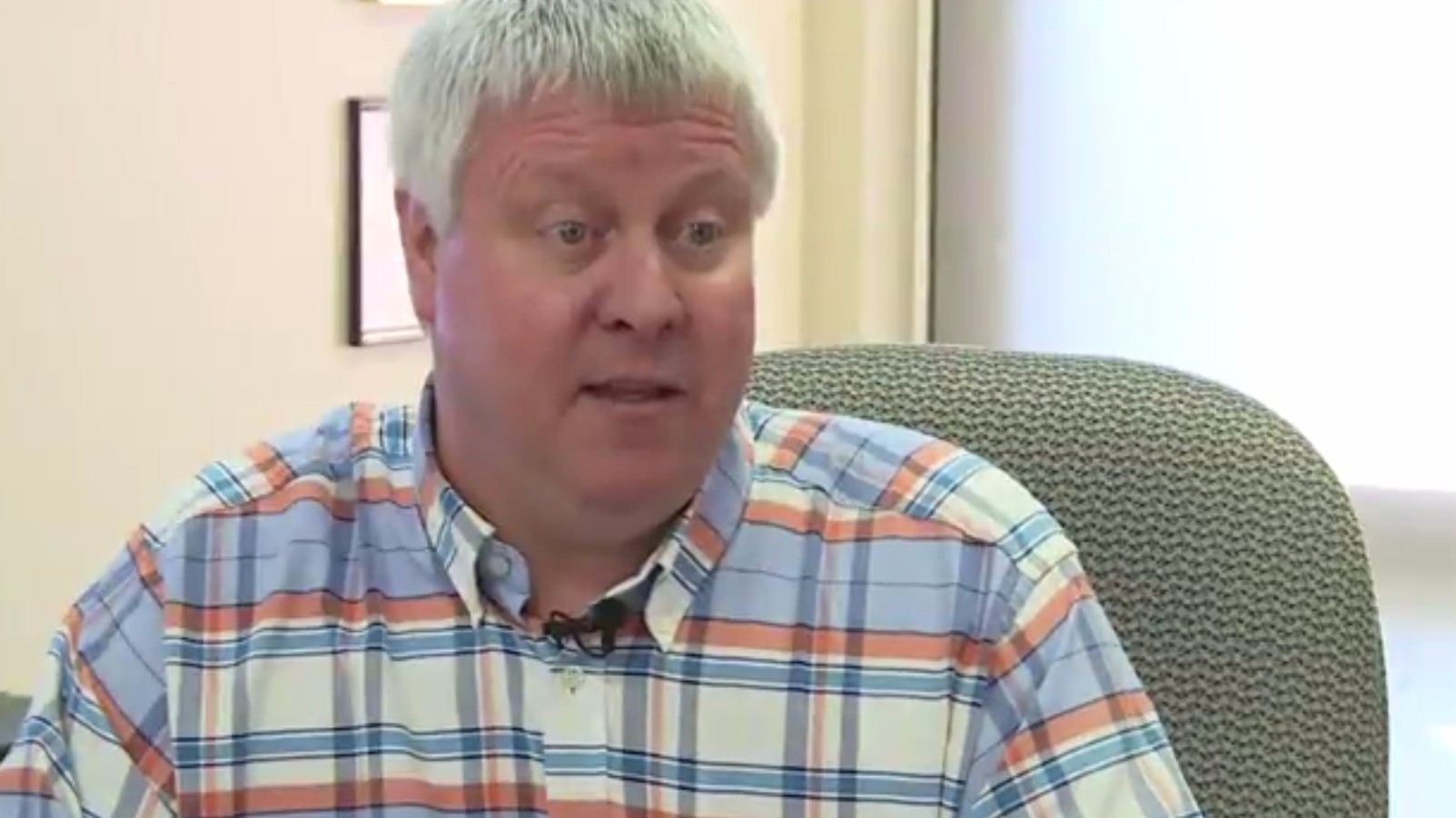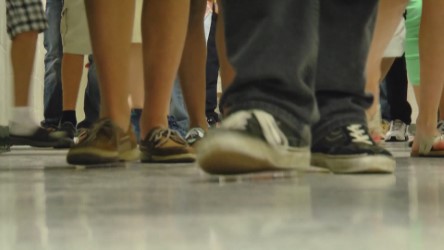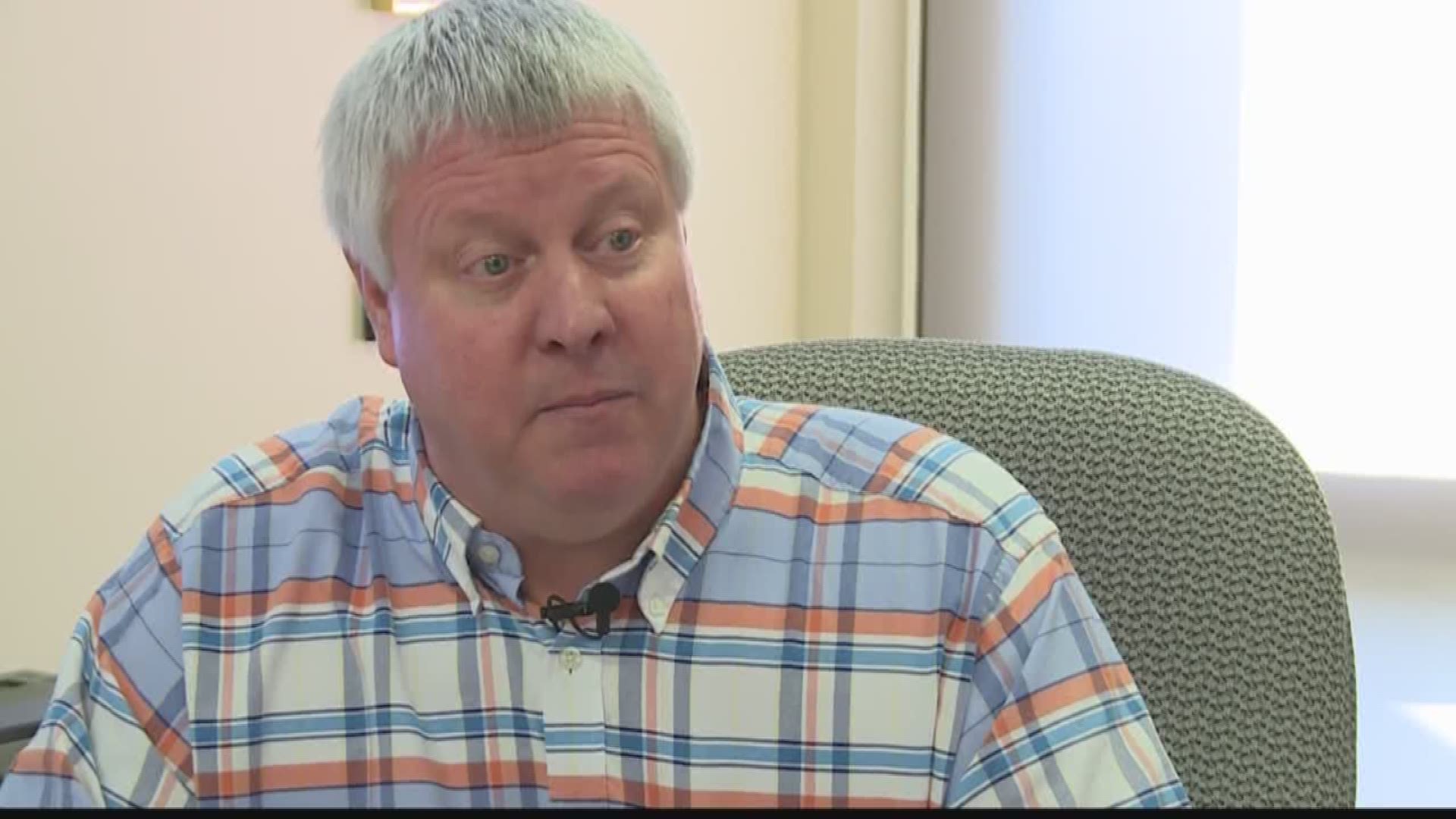A push for more mental health programs on campus is what University System of Florida members will recommend to lawmakers Wednesday.
"It may not be you, but it’s your classmate, it’s your roommate, it’s your fraternity brother, it’s your sorority sister," University of North Florida Counseling Center director Dr. Andy King said.

Not only dealing with the struggles of college, but growing into themselves.
King said the number of University of North Florida students seeking mental health services has been on the rise for years. Now, the school and others around the state are staring at a crisis.
"As demand goes up, it’s outstripping the resources the students themselves pay," King said
More counselors are in demand too: a need that would serve about 340,000 students in Florida. King points out the duties are to talk through the problems, help students develop interpersonal skills, and listen.

King added he has seen the benefits of counseling: something worth fighting for, so he will take the case to Tallahassee Wednesday. Educators, administrators, and counselors will announce their support of a "Stronger, Smarter, Safer" campaign at the Capitol, which focuses on boosting mental health services and research in the state university system.
"The work we’re doing here benefits the entire state, so we’re asking the state to kick in a little because [the state is] benefitting]," King said.
Potentially kick-in millions of dollars. Something seen states across the country have already done, King pointed out. He said that cost is a fraction of what would be saved in the long run, for a healthy community.
"It is much less expensive to work with someone and help decrease their symptoms and help improve their performance than put them in the hospital," King said.
He explained preventing self-injury, even suicide, is something he cannot measure in numbers but knows is a result of the Counseling Center. King added that knowing there are students who have overcome their darkest times is success enough.
"They got help, and because they got help, maybe they were a better student, maybe they were less disruptive," King said.
However, wait times to get that help starting to mount. King said the Center is having to ask students to wait two or three weeks sometimes for a session as demand is so high. Now, the clock is ticking to find a way to fund more services.
"We can make our young people, our college students more effective, but they need the attention," King said.

